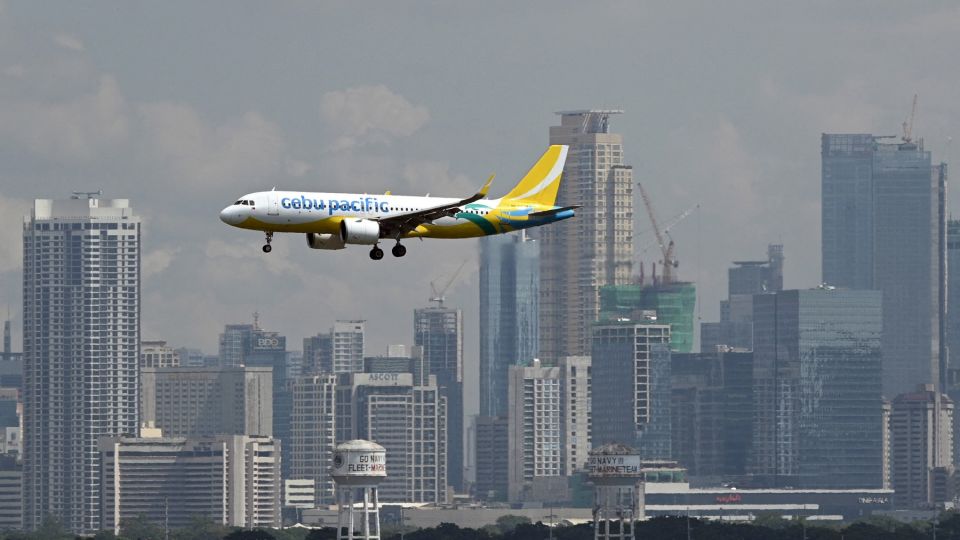September 25, 2025
MANILA – Corruption is weighing on Philippine businesses more than in much of East Asia, even as power costs, the informal economy, and access to finance remain their biggest headaches, according to new analysis of World Bank Enterprise Survey data.
In the 2023 survey, 6 percent of Philippine firms named corruption as their single biggest obstacle, behind electricity (18.1 percent), practices of the informal sector (13.6 percent), and access to finance (12.8 percent). Those shares place corruption firmly within the top 10 business hurdles locally.
The data can be found here.
INQUIRER Metrics data scientist Dr. Rogelio Alicor Panao said the finding stands out against the regional picture: “[It] remains strikingly higher than the East Asia and Pacific average of 3.9 percent.”
He noted the contrast across neighbors: “In Indonesia, the perception is even sharper: 10.1 percent of firms cite corruption as their top concern… Rising tiger economy Vietnam, by contrast, almost sidelines corruption: just 0.3 percent of firms identify it as a primary obstacle.”
Beyond corruption, Philippine respondents pointed to other frictions relative to the region: electricity (18.1 percent in the Philippines vs. 7.3 percent East Asia & Pacific), business licensing and permits (9.4 percent vs. 3.7 percent), and transportation (7.2 percent vs. 5.9 percent). Tax rates (8.4 percent) and crime/theft/disorder (5.5 percent) also surfaced as notable worries for local firms.
Panao underscored what the numbers imply for competitiveness and trust: “While corruption may not top the list of business worries in the Philippines, it weighs more heavily here than in much of Asia. Its persistence signals a corrosive drag on trust and competitiveness that the country cannot afford to ignore.”
He also explained why the Enterprise Survey is widely used by researchers and policymakers: “Since 2005, these efforts have been unified under a single global methodology, producing comparable data from more than 250,000 interviews in over 160 economies.”
The survey directly interviews business owners or managers rather than relying on official reports.
“Respondents come from formal, private-sector firms with at least five employees, carefully chosen to represent different sizes (small, medium, large), industries such as manufacturing, retail, or construction, and locations within each country,” Panao said.
The numbers land as businesses juggle high power costs, borrowing conditions, and governance headwinds. The National Bureau of Investigation (NBI) this week recommended criminal charges against several lawmakers over flood-control anomalies—keeping corruption risks in sharp focus for firms and investors.
Electricity — ranked the top obstacle by PH firms—also stayed in the headlines: Meralco announced a ₱0.1852/kWh rollback for September, trimming the overall rate to ₱13.0851/kWh for a typical household.
READ: Meralco cuts September power rates by 19 centavos
Meanwhile, headline inflation ticked up to 1.5 percent in August 2025, still low by historical standards—another key input for lending costs and business planning.


